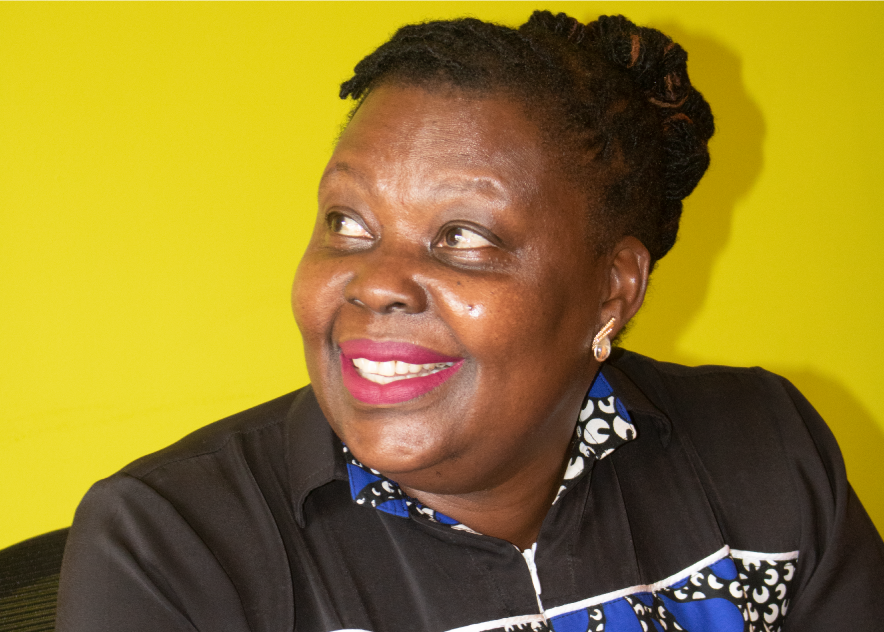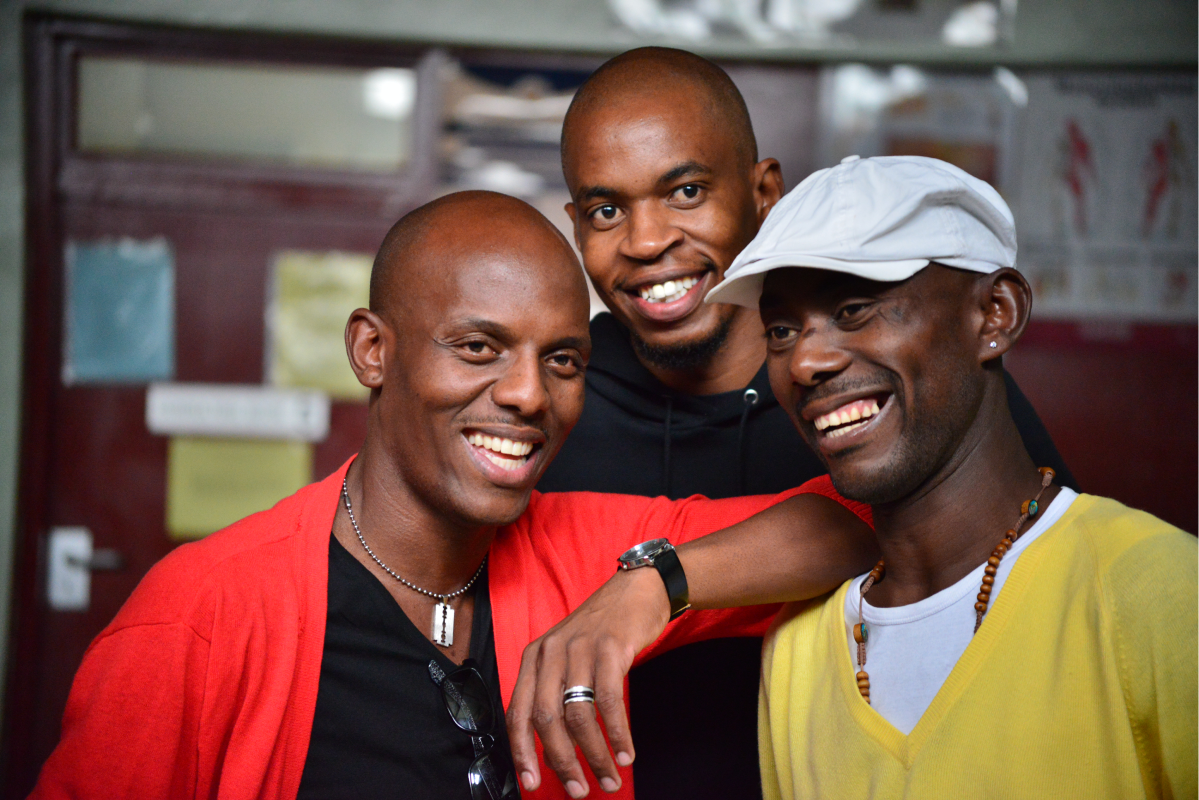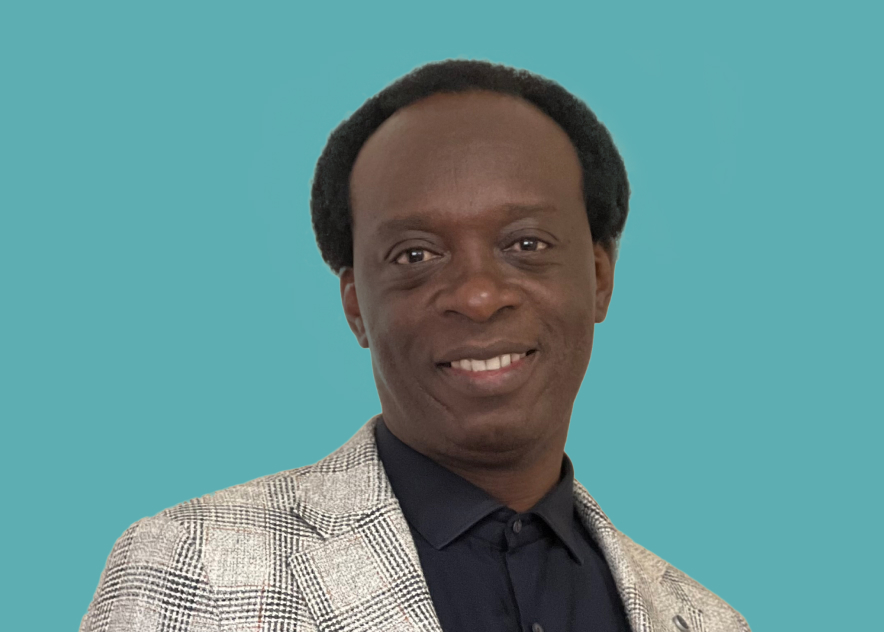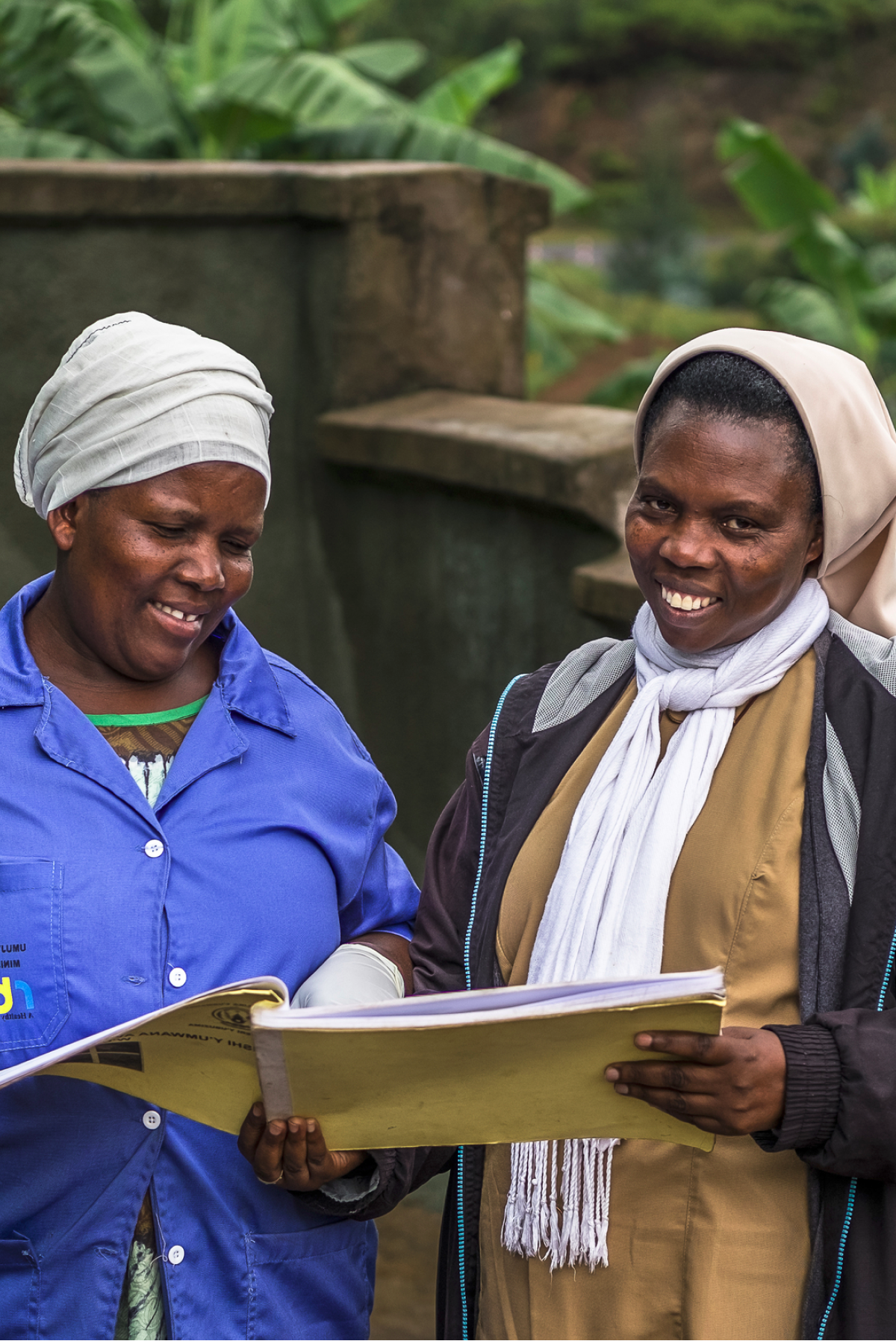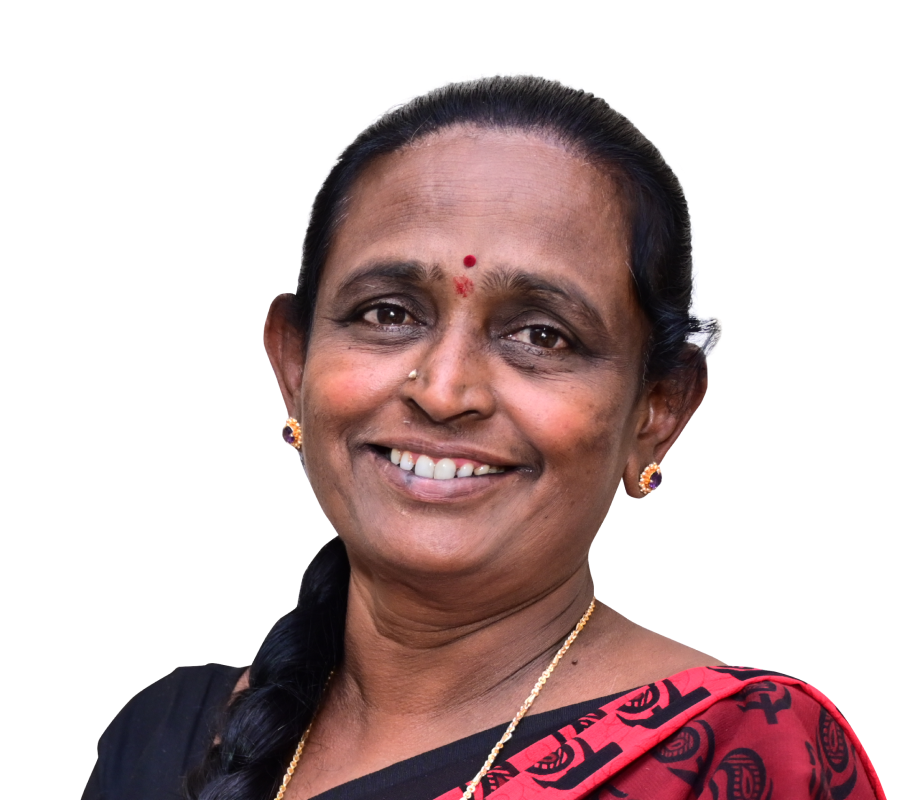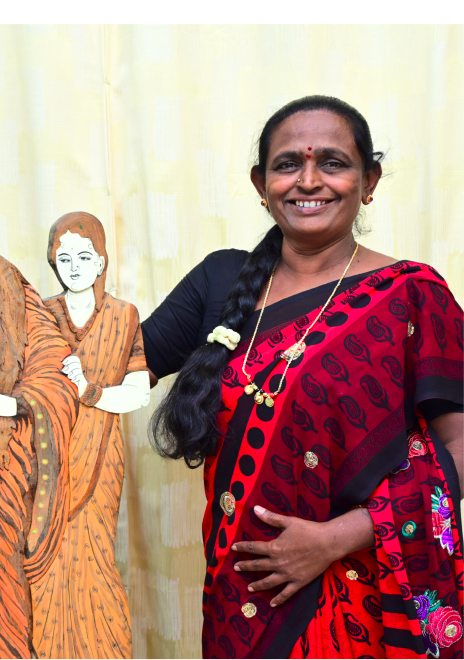I have seen a lot of attempts to create programmes for sex workers that have assumed what sex workers need, instead of asking them. These attempts have not helped sex workers, and often have even made sex workers’ lives harder or increased risks to their safety and health. I am one of those sex workers.
Top-down programmes by outsiders do not understand this, but sex workers are smart and can discuss and arrive at wise decisions. To advocate for services that work for us, we have joined together to organize. I am part of Ashodaya Samithi, a community-led organization that is by, for and of sex workers. We are based in Mysore, Karnataka, and we work in six districts of the state. We are connected to the All India Network of Sex Workers, a national network.

